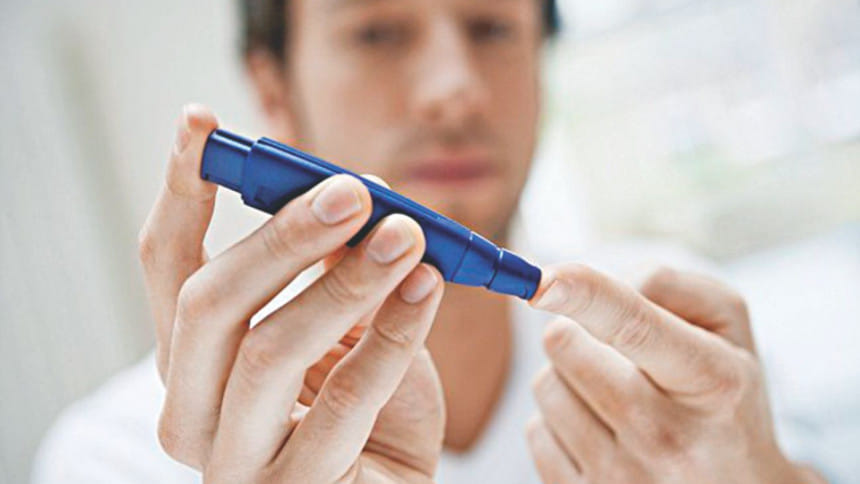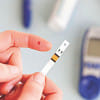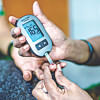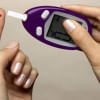Screening reduces mortality for detectable type 2 diabetics

Studies published in Diabetologia (the journal of the European Association for the Study of Diabetes) show that screening for type 2 diabetes and cardiovascular risk factors may not reduce mortality and cardiovascular disease in the general population. However, for individuals diagnosed with diabetes, screening is associated with a reduction in mortality and cardiovascular disease risk.
Health checks including diabetes risk assessment have been introduced in a number of countries. However, there are few population-based trials assessing the benefits and harms of these screening programmes, and these have shown mixed results.
The researchers found that in the overall populations in the screening and no-screening groups, a single round of screening for type 2 diabetes and cardiovascular risk assessment was not associated with a reduction in mortality or in cardiovascular events between 2001 and 2012. Similarly, rates of cardiovascular, cancer or diabetes-related mortality were not reduced by invitation to screening.
The authors note that as only 10% of individuals with diabetes in the screening group were actually diagnosed by screening, it is likely that the programme had wider effects in this cohort. For example, general practitioners in the screening group may have provided lifestyle advice and delayed development of diabetes among those found to be at risk. They may also have increased vigilance and the likelihood of early detection even after screening. Healthy behaviour change might also have impacted the findings — for example one third of screen-detected individuals reported that they had stopped smoking at five-year follow up, and this cohort lost an average of 2 Kg in weight.
The authors suggest that benefits to the general population might be increased by identification of non-attendees, targeting of screening to those at greatest risk, strategies to maximise uptake of screening, use of repeated rounds of screening, and optimal treatment of detected disease.
The authors, led by Dr Adina Feldman and Professor Olov Rolandsson from the VIPCAM collaboration between the University of Cambridge, UK, and Umeå University, Sweden, say: "We found that individuals with screen-detected diabetes were diagnosed on average 4.6 years earlier than those who were clinically-detected, and that when followed up after their diagnosis, they had markedly lower rates of all-cause mortality, CVD, renal disease and retinopathy. Although we cannot fully disentangle the contribution of length time bias in particular, these data suggest a positive effect on survival and health outcomes if diabetes is detected earlier through screening than it would have been in clinical practice."
Researchers conclude: "Screening appears to offer beneficial effects for all those diagnosed with diabetes, regardless of whether they were screen detected or clinically diagnosed but this benefit is too small to have an impact on overall population risk of heart disease and stroke, for example, or on early death."

 For all latest news, follow The Daily Star's Google News channel.
For all latest news, follow The Daily Star's Google News channel. 








Comments